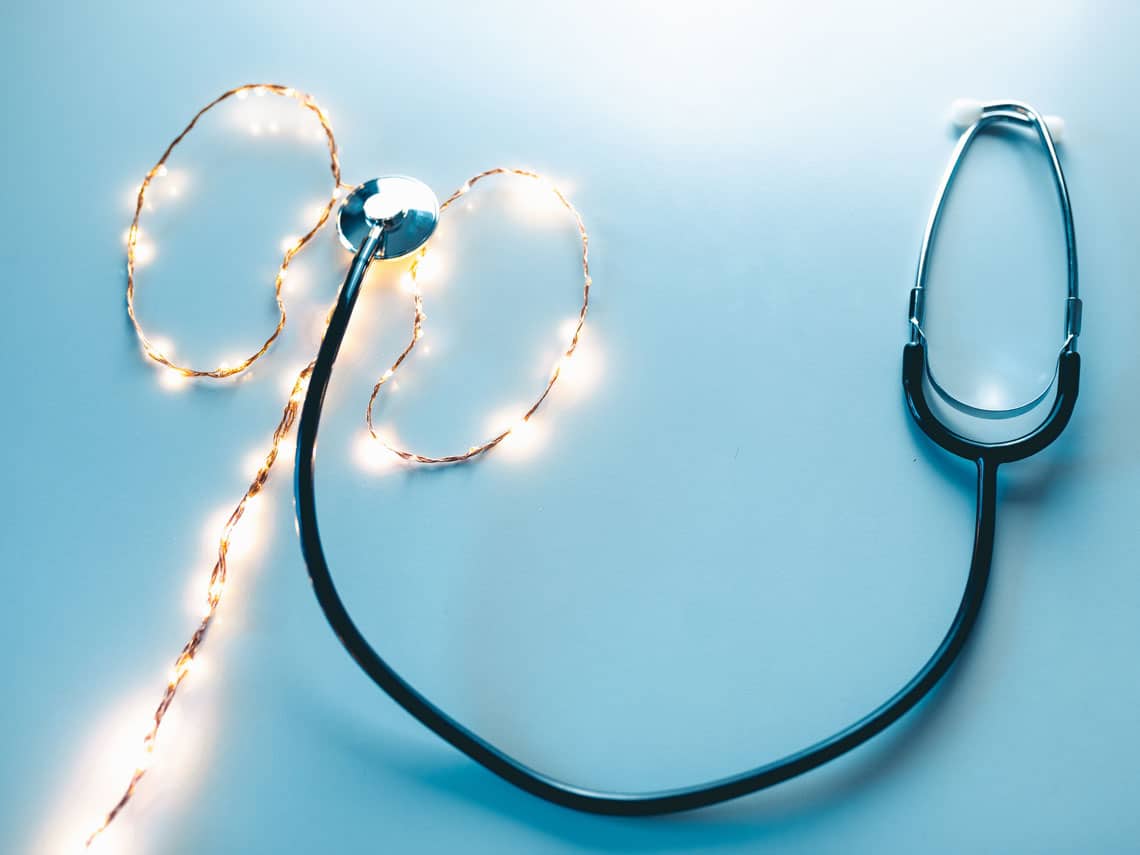At Integrative Urology, we understand that many patients have concerns and fears about the tests that may be required to diagnose and treat their urological conditions. One of the most common questions we get asked is whether or not urology tests are painful. In this blog, we hope to address these concerns and provide some insight into what patients can expect during urology tests.
Urology tests are common for both men and women, frequently used to diagnose and treat urological conditions, including urinary tract infections, prostate cancer, and kidney stones. However, many patients are apprehensive about undergoing these tests because they fear they may be painful.
First and foremost, it is essential to understand that each patient’s experience will differ depending on their medical history, anatomy, and the test being performed. However, the majority of urology tests are minimally invasive and relatively painless.
What kind of tests do Urologists perform?
Urinalysis – One of the most common urology tests is a urinalysis. A urinalysis is a simple test that requires the collection of a small sample of urine for analysis. The collection process is straightforward and usually does not cause any discomfort.
Prostate Exam – Another common test is a prostate exam. This test is used to examine the prostate gland for any abnormalities or signs of cancer. It involves a physical examination of the prostate gland by inserting a gloved and lubricated finger into the rectum. While the test may seem uncomfortable, it is generally not painful and lasts only a few seconds.
Cystoscopy – Cystoscopy is another test that a urologist may perform to examine the bladder and urethra. During the procedure, a thin, flexible tube with a camera on the end is inserted into the urethra and advanced up into the bladder. The test may cause some discomfort or a burning sensation when the tube is inserted. Most patients tolerate the cystoscopy since it lasts a short amount of time, though some may experience significant discomfort with the test.
Biopsy – In some cases, a urologist may need to perform a biopsy to diagnose or confirm the presence of cancer. During a biopsy, a small sample of tissue is taken from the affected area for examination under a microscope. While this test may cause some discomfort, patients are usually given a local anesthetic to numb the area and reduce any pain.
Address your concerns with your Urologist
It is important to note that while most urology tests are not painful, some patients may experience anxiety or fear about the procedure. These feelings are normal and can be addressed through communication and education. Patients should feel comfortable asking questions and discussing their concerns with their healthcare provider, who may help alleviate any fears and provide more information about what to expect during the test. Patients can also opt for nitrous oxide gas analgesia, or “laughing gas”, which significantly reduces discomfort for any of the tests or procedures that may cause discomfort, including vasectomy. Nitrous oxide is rapid on, rapid off, and considered safe enough to drive home afterwards.
In conclusion, urology tests are not typically painful, and most patients should not experience significant discomfort during these procedures. However, some discomfort and in rare cases significant discomfort may be felt during certain tests, such as cystoscopy.
Integrative Urology provides testing in a compassionate environment
Integrative Urology provides patient-focused, innovation-driven solutions that prevent patients from experiencing unnecessary negative side effects. Led by world-renowned urologist Dr. Y. Mark Hong, we are committed to providing the highest level of care, ensuring that all tests are performed with as little pain and discomfort as possible. If you have any concerns or questions about urology tests, do not hesitate to reach out. We are here to help you every step of the way.

